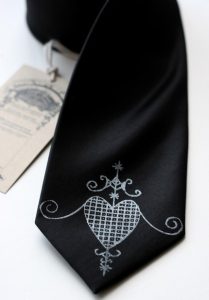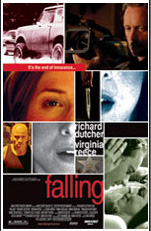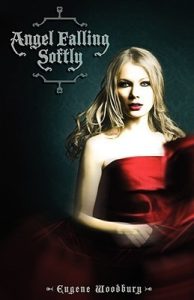“Marriage” is an ancient artificial construct that, in modern US society with no property rights attached to the female (i.e., dowry), has no real place.
As I said on chosha’s blog A Little East of Reality, what’s going on with California’s Prop 8 and the LDS church’s involvement with that, is one of defining the term. What needs to happen is that the underpinning law defining the term needs to change and then let linguistic evolution take over as to what is and is not marriage.
Here’s what needs to happen:
You and your intended(s) go to a lawyer and draw up a contract (people already to this for prenuptial agreements). You specify things like kids, power of attorney, healthcare decisionmaking, who does and does not have access to your healthcare information (thank you, HIPAA), and other things that heterosexual couples just…get…legally because they’re married as defined by law. In this case, the contract becomes the law. The lawyer files it with the court (like a divorce decree, only it’d be called something else like, oh, a companionship contract), the state collects its data, and everybody’s good to go.
If you and your intended(s) then want to go to your local ecclesiastical entity (whatever it is) and have a rite performed, you do that. Or don’t, if you don’t want to.
Or…do none of the above and after X number of years, you’ve converted from cohabitating to common-law “marriage” and that could apply to whatever living arrangement you have.
Here’s the thing. You change the labels and the populace will decide what marriage is based on their vocabulary.
Since I’m a libertarian, I have no investment in regulating what people do with their bodies as long as it doesn’t endanger me and mine.
I also have no investment in helping the church attempt to define “marriage” in California (although thankfully I haven’t been asked because then I’d be forced to be rude) because marriage has historically been about money and alliances.
What I find hypocritical is that the people who are most invested in re-defining marriage to include same-sex couples then turn around and vehemently protest polyamorous unions, which should have the same protections under whatever law gets passed.
William Saletan goes to great lengths to define why this should not be allowed and I find that simply ridiculous. Two people know what they’re doing, but three or more don’t? Let’s protect you from yourselves!
Here’s the answer. The number isn’t two. It’s one. You commit to one person, and that person commits wholly to you. Second, the number isn’t arbitrary. It’s based on human nature. Specifically, on jealousy.
Ah, okay. There’s a good argument.
In an excellent Weekly Standard article against gay marriage and polygamy, Stanley Kurtz of the Hudson Institute discusses several recent polygamous unions. In one case, “two wives agreed to allow their husbands to establish a public and steady sexual relationship.” Unfortunately, “one of the wives remains uncomfortable with this arrangement,” so “the story ends with at least the prospect of one marriage breaking up.” In another case, “two bisexual-leaning men meet a woman and create a threesome that produces two children, one by each man.” Same result: “the trio’s eventual breakup.”
Let’s protect the women and children!
Then he resorts to quoting the Bible, so he loses credibility with me right there.
I’ve said it before and I’ll say it again: What’s good for the homosexual goose is good for the polyamorous gander and I defy any same-sex couple to give me a decent argument why that isn’t so…
…but that’s not my main point. My main point is this: You make it a civil contract between consenting adults, then let society’s usage of the word “marriage” define the word “marriage.”

 Here’s to me and Dude, who got married 6 years ago in the LDS Nauvoo, Illinois temple (very soon after it re-opened). Yeah, we got married on a Friday. The 13th. On purpose.
Here’s to me and Dude, who got married 6 years ago in the LDS Nauvoo, Illinois temple (very soon after it re-opened). Yeah, we got married on a Friday. The 13th. On purpose.
 Richard Dutcher, the regrettably monikered “father of Mormon film,” has released his latest film, Falling, in a limited number of venues.
Richard Dutcher, the regrettably monikered “father of Mormon film,” has released his latest film, Falling, in a limited number of venues.  Angel Falling Softly
Angel Falling Softly